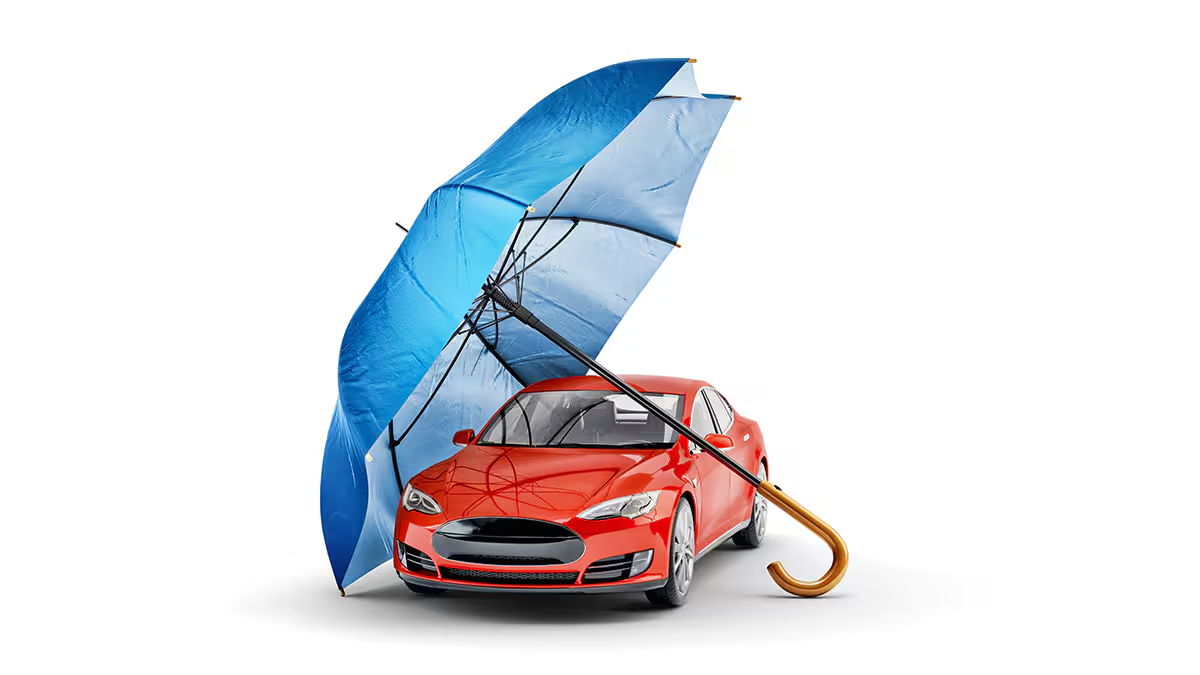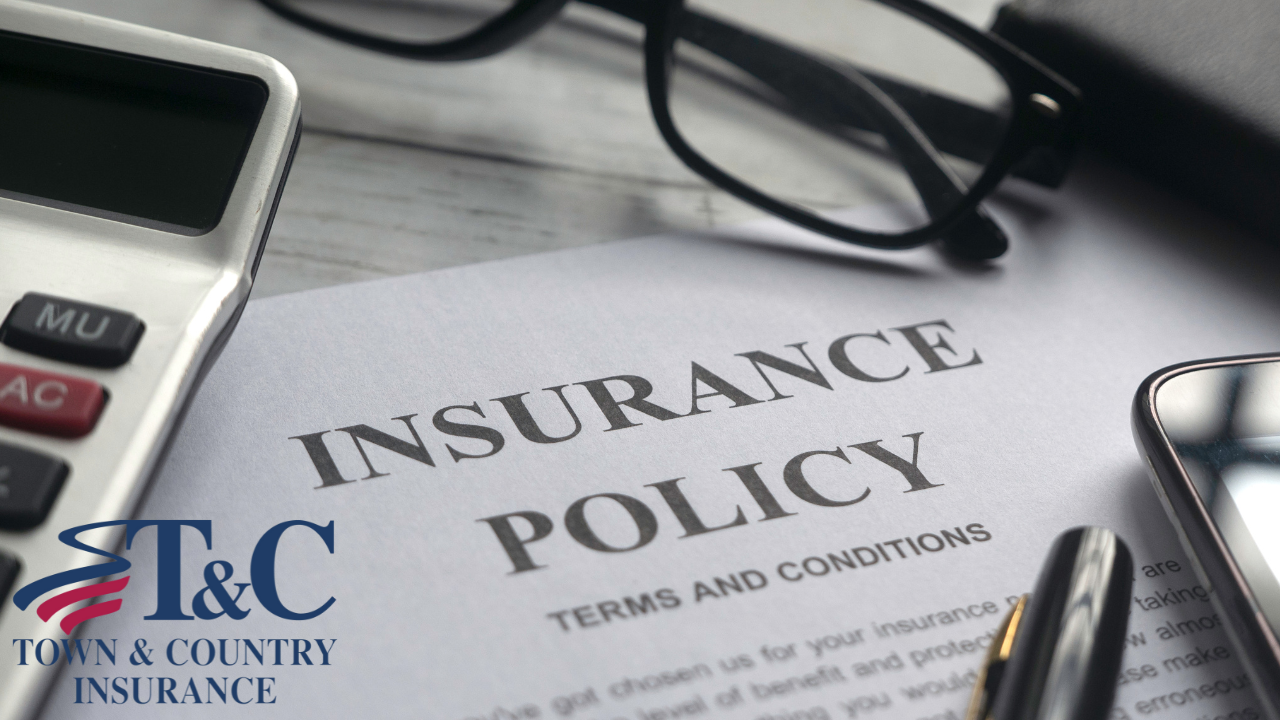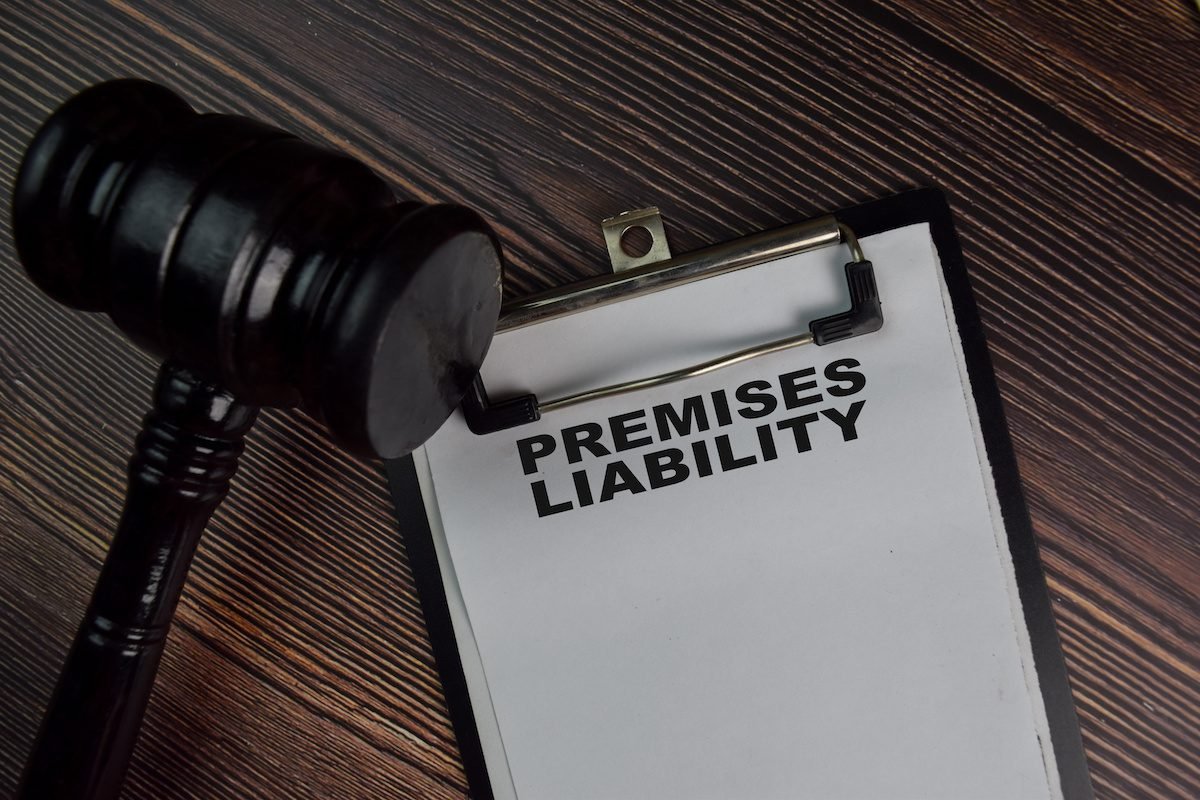When it comes to auto insurance in Florida, understanding the different types of coverage is essential for both legal protection and financial security. Collision insurance is one of the key components that many drivers consider when insuring their vehicles. However, the question remains: Is collision insurance required in Florida?
In this article, we will explore the importance of collision insurance, whether it’s mandatory in Florida, what it covers, and how to determine if it’s right for you. We will also provide answers to frequently asked questions to help you make an informed decision about your car insurance needs.
What is Collision Insurance?
Before diving into whether collision insurance is required in Florida, let’s first define what it is.
Collision insurance is a type of auto insurance that covers damage to your vehicle caused by a collision with another vehicle or an object, such as a tree, fence, or guardrail. This type of coverage can be vital, especially in situations where you are at fault or the other driver is uninsured or underinsured.
Collision insurance typically covers:
- Damage to your car in the event of an accident, regardless of who is at fault.
- The cost of repairing or replacing your vehicle (up to its actual cash value).
- Costs for damages caused by hitting stationary objects like trees, poles, or fences.
However, collision insurance does not cover injuries to you or your passengers, damage to other vehicles, or damages caused by theft, vandalism, or natural disasters. Those situations are typically covered by liability insurance and comprehensive coverage.
Is Collision Insurance Required in Florida?
In Florida, collision insurance is not mandatory. Florida law only requires drivers to carry Personal Injury Protection (PIP) and Property Damage Liability (PDL) insurance. However, collision insurance can be very beneficial for several reasons, even though it is not legally required.
Legal Requirements in Florida:
- Personal Injury Protection (PIP):
Florida is a no-fault insurance state, meaning that drivers are required to carry PIP insurance. This covers medical expenses and lost wages regardless of who is at fault in an accident. It is mandatory for all drivers to have a minimum of $10,000 in PIP coverage. - Property Damage Liability (PDL):
Florida also requires drivers to carry at least $10,000 in PDL coverage. This type of insurance covers damage to another person’s property (such as their car, fence, or building) if you are responsible for the accident.
However, collision insurance is optional under Florida law. It is not a requirement for drivers to have it in order to legally drive on Florida’s roads.
When is Collision Insurance a Good Idea?
While not mandatory, there are certain situations where collision insurance can be a wise investment for Florida drivers:
1. Financing or Leasing a Vehicle
If you are financing or leasing your car, the lender or leasing company will likely require you to have collision insurance as part of the terms of your contract. This ensures that the lender’s investment is protected in case of an accident.
2. New or Expensive Vehicle
If your car is new or has a high value, collision insurance can help protect it in case of an accident. Replacing or repairing a high-value vehicle can be expensive, and collision insurance helps mitigate those costs.
3. Older Cars (When It Makes Sense Financially)
While collision insurance is often unnecessary for older cars that have a lower value, if you have a vehicle that is still relatively new or in excellent condition, collision coverage can help ensure that you won’t have to pay out-of-pocket for major repairs after an accident.
4. Lack of Sufficient Savings
If you do not have enough savings to cover the cost of repairing or replacing your car after a collision, collision insurance can help protect your finances. Accidents can happen at any time, and being prepared financially can help avoid significant financial strain.
5. Risk Tolerance
If you are risk-averse and want to minimize your out-of-pocket expenses in case of a collision, collision insurance provides peace of mind. You won’t have to worry about paying for repairs or replacement costs.
How Much Does Collision Insurance Cost in Florida?
The cost of collision insurance in Florida can vary based on several factors, including:
- Type of Vehicle: Newer or more expensive cars typically have higher premiums because they cost more to repair or replace.
- Driving History: Drivers with a clean record may pay less for collision coverage compared to those with a history of accidents or traffic violations.
- Deductible: The amount of the deductible you choose can affect your premium. A higher deductible usually means a lower premium, but you’ll have to pay more out-of-pocket in the event of a claim.
- Location: Premiums may also vary based on your location. Areas with higher traffic congestion or accident rates may have higher premiums.
- Age and Experience: Younger or less experienced drivers may pay higher premiums due to the increased risk of accidents.
On average, collision insurance can cost anywhere from $300 to $800 annually, depending on these factors. However, it’s important to shop around and get quotes from multiple insurance companies to ensure you’re getting the best rate.
What Does Collision Insurance Cover?
As mentioned earlier, collision insurance covers damage to your vehicle caused by a collision with another car or an object. However, it’s important to understand the specific details of what collision insurance will and won’t cover.
What Collision Insurance Covers:
- Accidents involving another car: If you are at fault or the other driver is uninsured or underinsured, collision coverage will help pay for repairs or replacement of your car.
- Hitting stationary objects: If you hit a stationary object like a tree, fence, pole, or guardrail, collision coverage will pay for the damages.
- Repairing or replacing your car: The coverage helps pay for the repair costs or the actual cash value of your vehicle if it is deemed a total loss.
What Collision Insurance Does Not Cover:
- Injuries: Collision insurance does not cover medical expenses. For that, you would need PIP or Health Insurance.
- Damage to other vehicles: Collision insurance does not cover the damage to the other party’s vehicle. For that, you would need liability insurance.
- Theft and Vandalism: Damage from theft or vandalism is not covered by collision insurance, but rather by comprehensive insurance.
- Weather-related damage: Damage caused by weather, such as hail, wind, or flooding, is typically covered under comprehensive insurance.
Is Collision Insurance Worth It in Florida?
Whether collision insurance is worth it largely depends on your personal circumstances, such as your vehicle’s value, your financial situation, and your risk tolerance. Here are some things to consider when deciding:
- If Your Car is Older: If your car is old or has a low market value, collision insurance may not be worth it. In the event of an accident, the cost to repair the vehicle may exceed its actual cash value, and it might not make sense to pay premiums for coverage you may not use.
- If You Can Afford to Repair or Replace Your Vehicle: If you have the financial means to repair or replace your vehicle without significant hardship, you may choose to skip collision insurance and save the premium payments.
- If Your Car is Financed or Leased: If you have a car loan or lease, your lender or leasing company will require you to have collision insurance until the vehicle is paid off or the lease term ends.
Frequently Asked Questions (FAQ) About Collision Insurance in Florida
1. Is collision insurance mandatory in Florida?
No, collision insurance is not required by law in Florida. However, if you are financing or leasing your car, the lender or leasing company may require it.
2. Does collision insurance cover hitting a deer or animal?
Collision insurance can cover hitting a deer or other animals, but only if the accident involves a collision with the animal itself. If you have comprehensive coverage, that would be the better coverage for non-collision-related damage (such as hitting an animal).
3. How do I know if collision insurance is worth it for my car?
If your vehicle is old or has a low value, you may want to reconsider collision insurance. However, for newer, more expensive vehicles or if you cannot afford to repair or replace your car, collision coverage is recommended.
4. Does collision insurance cover damage from flooding or weather?
No, collision insurance does not cover damage from weather-related events. For that, you would need comprehensive coverage, which covers weather-related damages, theft, vandalism, and non-collision accidents.
5. Can I remove collision insurance from my policy?
Yes, you can remove collision insurance from your policy if you no longer need it. However, if you have a car loan or lease, you may be required to keep it.
6. Does collision insurance cover medical bills?
No, collision insurance only covers damage to your vehicle. For medical expenses, you would need Personal Injury Protection (PIP) or health insurance.
Conclusion
Collision insurance is not required by law in Florida, but it can be an essential part of your auto insurance policy, especially if you have a new or valuable vehicle, or if you are financing or leasing your car. While not mandatory, it provides peace of mind.
Read more:
- The Ultimate Guide to Home Insurance in Florida
- Will Homeowners Insurance Cover Window Replacement in Ohio?
- Understanding the Penalty for Driving Without Insurance in Texas
- Does Paying Health Insurance Reduce Child Support? A Exploration
- Understanding Conditional Insurance Contracts: What You Need to Know



